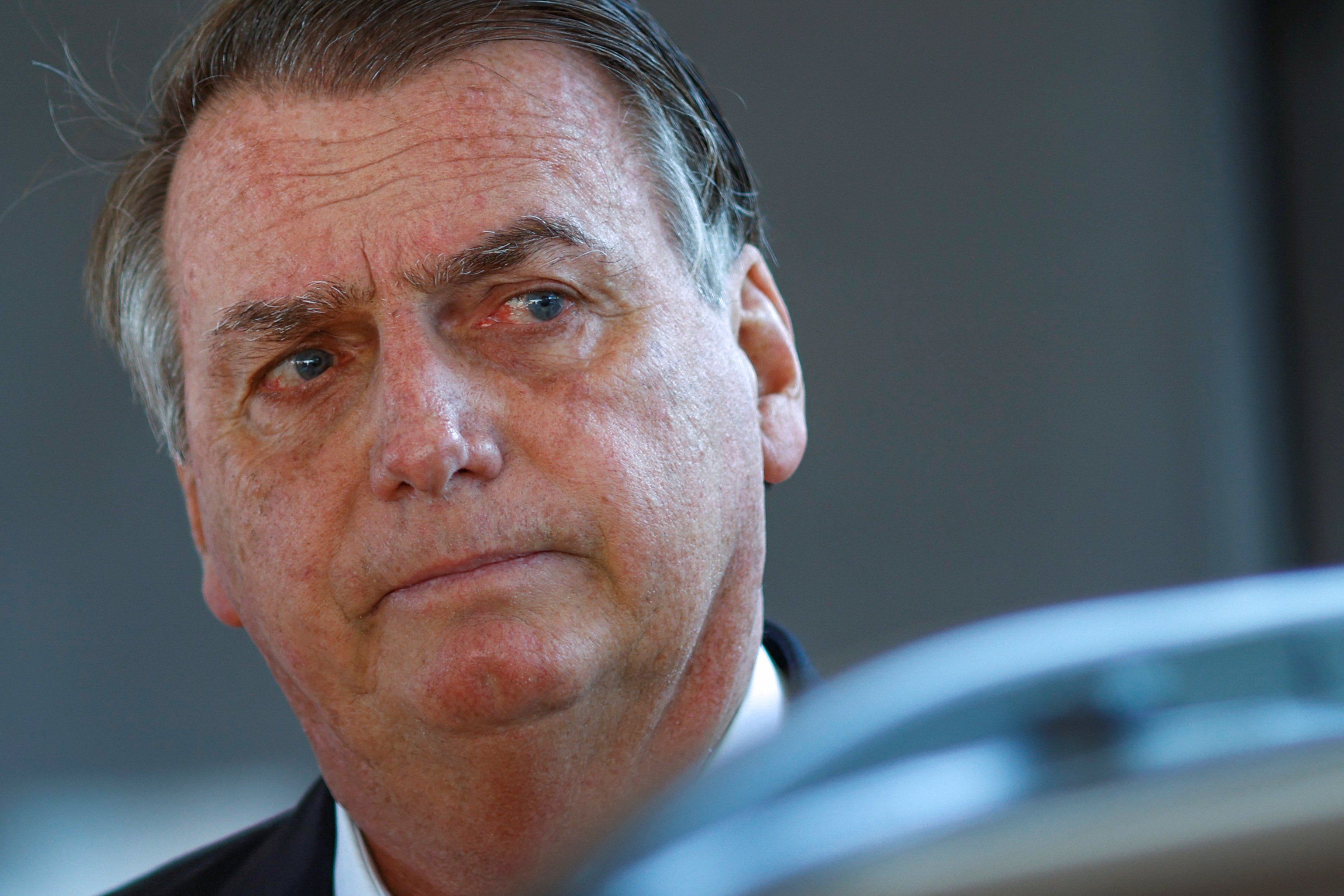Bolsonaro has long maintained that he never got the shot, which he once said could turn people into crocodiles. But late last year, his official status was reportedly changed to “vaccinated,” possibly to facilitate entry to the US, where he spent a few months in South Florida licking his wounds, eating KFC, and hanging with the Trumps after narrowly losing his reelection bid to left-wing nemesis Lula.
Bolsonaro has denied any wrongdoing, but vaccine records seem like a mere foot fault compared to some of the other legal troubles stalking the right-wing firebrand. He’s facing separate probes over allegedly inciting the Jan. 8 riots in Brasilia, illegally profiting by selling jewels gifted to him by Saudi Arabia, and potentially violating the law by seeking to undermine the credibility of the country’s electoral systems last year.
We’re waiting to see what charges are ultimately leveled at Bolsonaro, and we remind you that although he is out of power, his party controls the largest number of seats in Parliament. He’s also the face of the opposition in a deeply polarized country.
